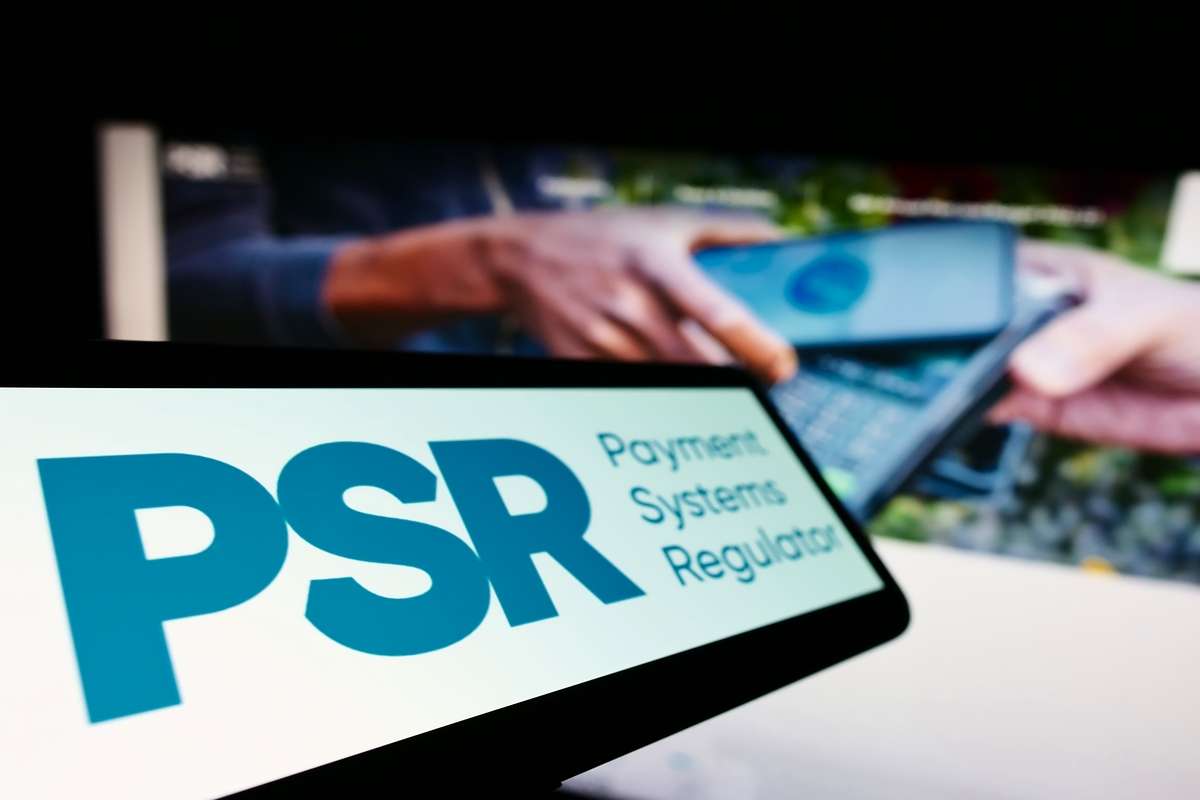
PSR Takes on Payment Giants Amidst Crypto Disruption in UK
Amidst a dynamic financial environment, the Payment Systems Regulator (PSR) in the United Kingdom has introduced an innovative proposition to restrict interchange fees levied by payment industry titans Mastercard and Visa on transactions involving the European single market and the United Kingdom.
Given the increasing prominence of cryptocurrencies in the global payments sector, this development acquires further importance as it introduces an additional stratum of competition and disruption.
The PSR’s endeavor to rectify possible overpricing and institute fair procedures in international transactions is consistent with the industry’s pursuit of integrity and openness.
The regulator’s emphasis on Mastercard and Visa, which account for 99 percent of debit and credit card transactions in the United Kingdom, highlights their hegemony in conventional financial transactions.
However, the emergence of cryptocurrencies presents a disruptive alternative that questions the prevailing paradigm by offering decentralized and borderless transaction capabilities. The PSR’s proposal prioritizes an initial limit on well-established payment giants.
However, the cryptocurrency realm emerges as a disruptive force, presenting a decentralized and potentially more economical alternative for international transactions.
The crypto community is closely monitoring the regulatory body’s request for feedback on its proposals until the end of January. This attention stems from the awareness that established actors in the industry may encounter heightened competition from agile and innovative crypto solutions.
In light of the regulator’s consideration of implementing limits on conventional payment methods, the cryptocurrency market continues to expand, providing alternatives that are decentralized, secure, and transnational.
The assertion made by Visa and Mastercard that their interchange rates apply to fewer than 2% of card payments in the United Kingdom could potentially come under scrutiny, particularly in light of the increasing adoption of cryptocurrencies.
This would challenge the prevailing discourse concerning the intricacies of transactions and the potential for fraudulent activities. Recognizing the necessity for regulatory intervention to promote a more equitable payment environment, the proposed fee cap is in place.
Nonetheless, the inability of cryptocurrencies to acquire a substantial portion of the market could be attributed to the absence of well-defined regulatory structures.
The fluctuating legal standing of cryptocurrencies across different nations could potentially instill skepticism among consumers and businesses, impeding their extensive implementation.
Notwithstanding the promising prospects of blockchain technology, the foundational systems that underpin conventional payment methods remain firmly established.
The widespread presence of Mastercard and Visa, in conjunction with their firmly established networks, presents a formidable obstacle to the seamless entry of cryptocurrencies into the market. Furthermore, barriers to widespread adoption include accessibility concerns, encompassing the technical intricacies of cryptocurrency transactions that may be difficult for the average user to comprehend.
The persistent perception that cryptocurrencies are speculative assets rather than stable mediums of exchange and their notorious price volatility contribute to their difficulty in gaining widespread acceptability. Conventional payment methods are frequently perceived as more stable and less vulnerable to the swift value fluctuations distinctive of the cryptocurrency market by both businesses and consumers.
The trust deficit and the general public’s limited comprehension of cryptocurrencies constitute significant barriers. Prominent payment methods such as Mastercard and Visa, renowned for their extensive tenures and robust consumer protection measures, engender confidence that the cryptocurrency market has yet to entirely attain.
Establishing trust and bridging this knowledge gap is crucial for cryptocurrencies to acquire a significant market share.
Organizations and individuals alike tend to resist change and cling to established procedures. The persistent reliance on conventional payment methods and the prevailing mindset of “if it ain’t broke, don’t repair it” present a significant obstacle for cryptocurrencies aiming to achieve widespread acceptance.
The potential for the proposed fee limits to level the playing field and establish a more equitable competitive environment renders them significant. Nonetheless, the fact that cryptocurrencies cannot penetrate the 99% market share held by Mastercard and Visa demonstrates the complexity of the obstacles they encounter.
Conquering these challenges necessitates collaborative endeavors from regulatory bodies and the cryptocurrency community to tackle concerns about regulatory clarity, infrastructure advancement, volatility reduction, and, above all else, fostering user confidence and comprehension.
The crypto industry closely monitors the progression of the PSR’s proposal, looking for possible changes that could significantly influence the future course of financial transactions in the United Kingdom.
